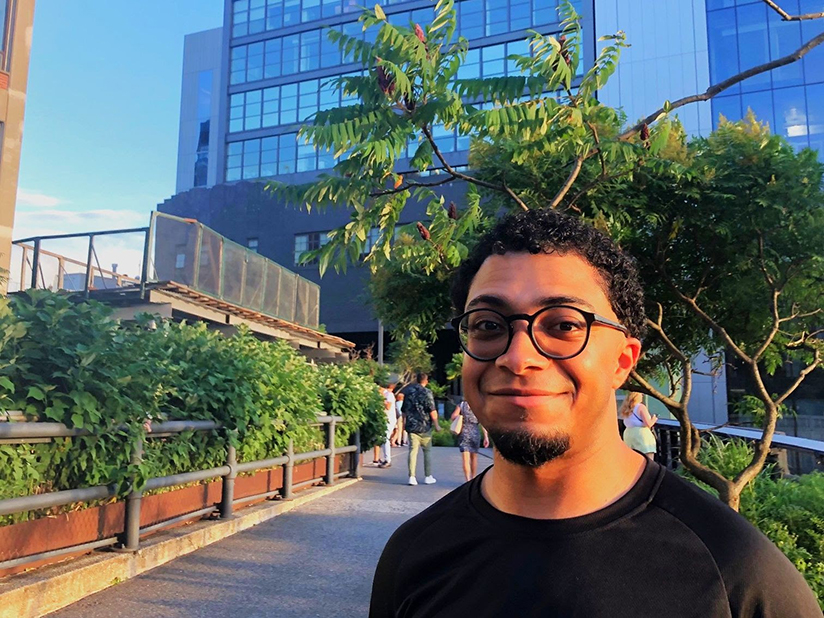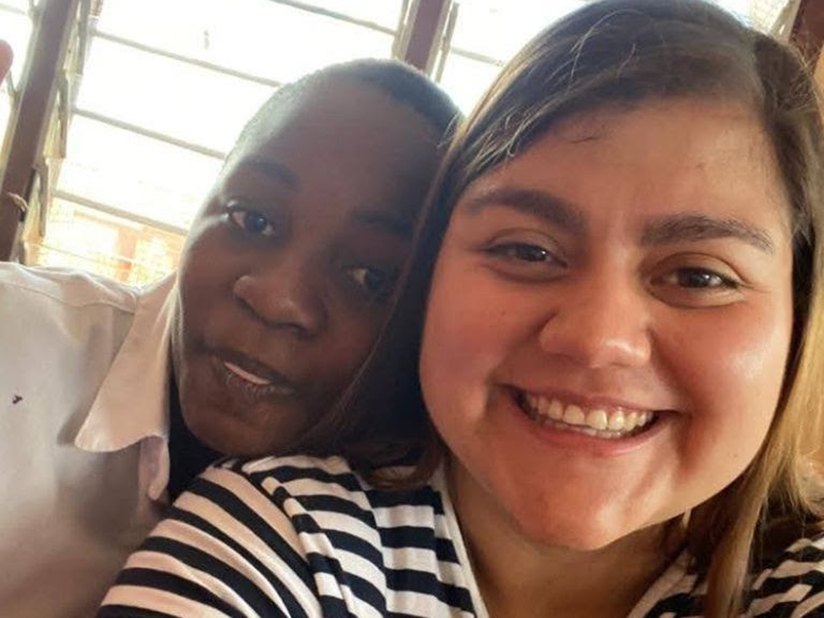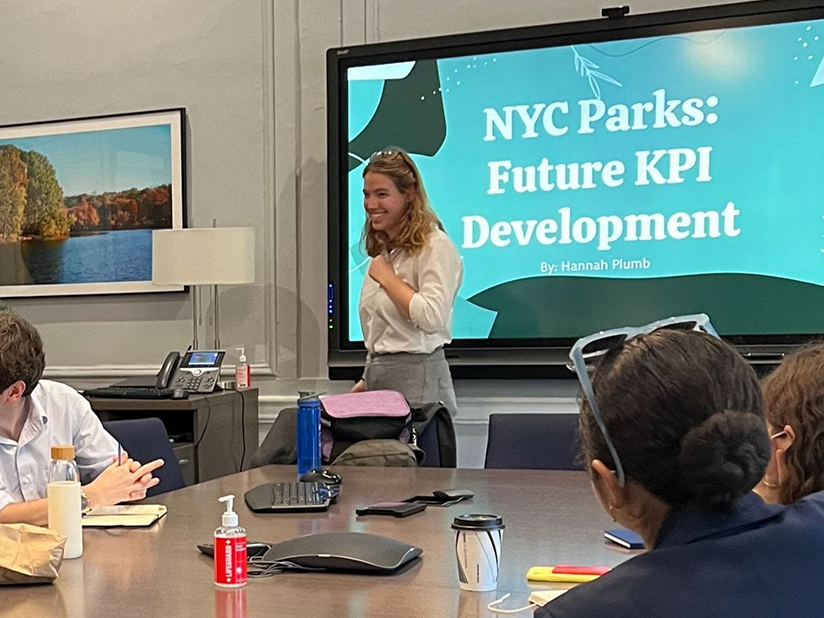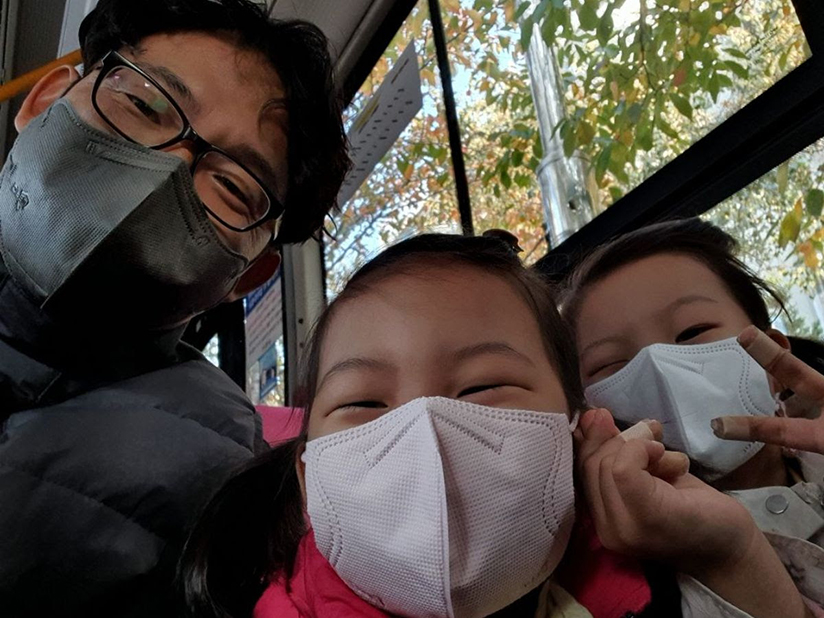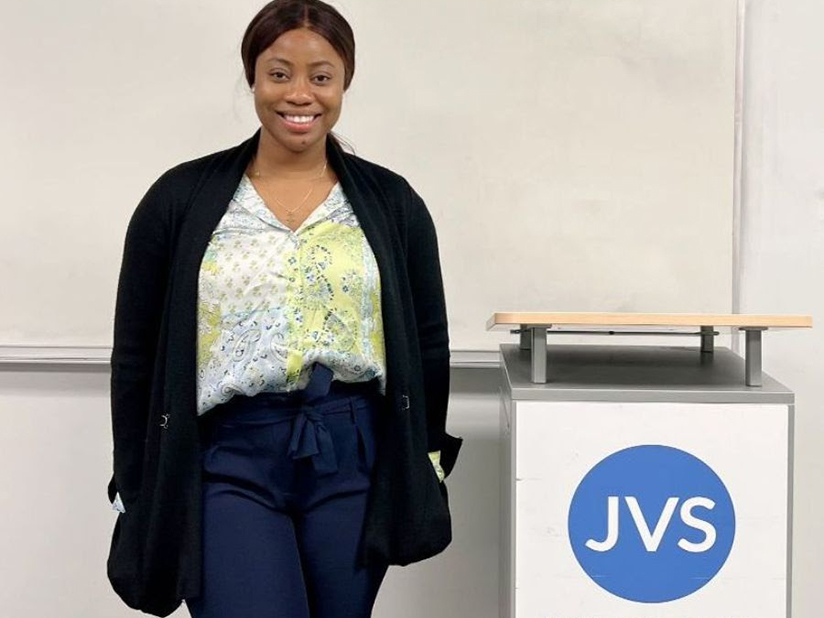Students in the practicum track complete a field-based practicum for a minimum of six months in their second year. Students in this track identify and obtain their own practicum placements at development organizations worldwide, with the assistance of the SID program and the Heller Career Development Center. They receive academic credit for their six-month practicum assignment with a development organization such as a UN agency, an international NGO, or a local organization.
The practicum may be carried out in the U.S. or internationally. Practicum positions often include conducting research, formulating policies, managing projects, and conducting fundraising or advocacy campaigns, among many other assignments. Individual Terms of Reference are designed to ensure that students acquire the necessary competencies to advance their careers in the development sector.
Through the practicum experience, each student focuses on a development issue or problem.
- The practicum experience is designed to nurture new ideas, deepen field experience and professional growth, and is suited to a student’s background, level of experience, and career path.
- Past practicum organizations have included major global organizations such as the United Nations Development Programme, World Health Organization, and the World Bank; international organizations such as Oxfam, Save the Children, International Rescue Committee, CARE, and the Aga Khan Foundation; human rights and policy advocacy organizations; and national and local governments and NGOs throughout the developing world.
- No course tuition fees are incurred during the off-campus year, making this track more affordable than other two-year track options. Instead, students pay the minimum enrollment fee for their two semesters, a small Heller program fee, and their health insurance fees.
Students are required to write a consultant’s report, policy brief, or research paper based on their work with the practicum organization. The program culminates with a presentation of the student’s work at a Capstone event in May of the students’ second year. Students who complete all credit requirements, the required master’s paper, and their Capstone presentation graduate in May of their second year.
Total credits: 56
- 20 required credits
- 12 elective credits
- 24 practicum credits
Requirements
- Successful completion of all first-year requirements
- 6-month practicum in Year 2 (September-February)
- SID master’s paper
- Capstone presentation

